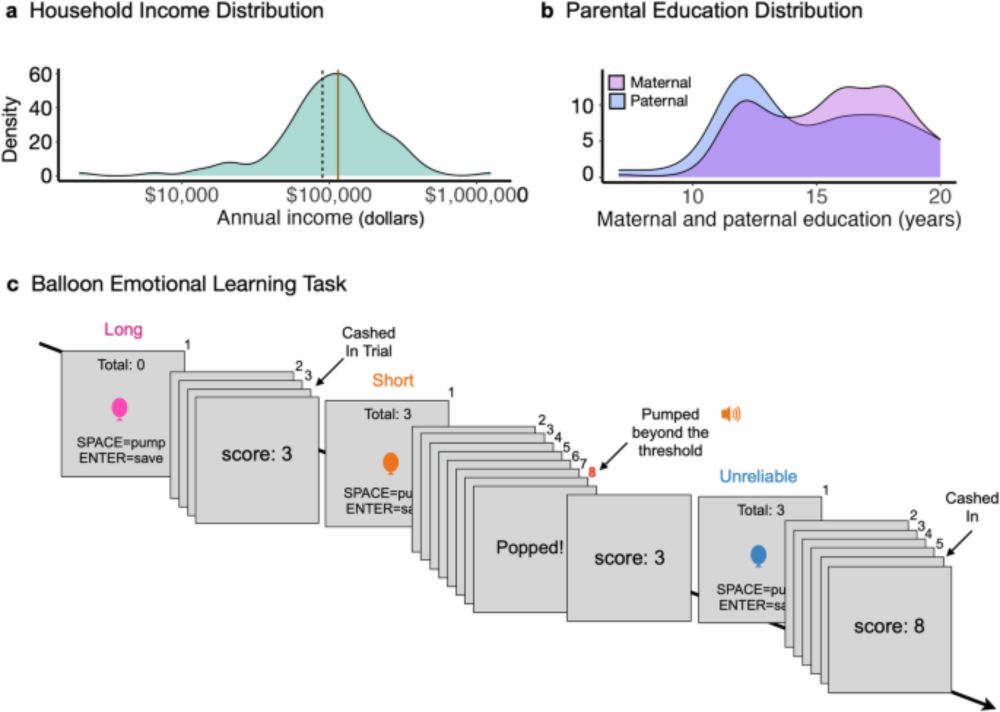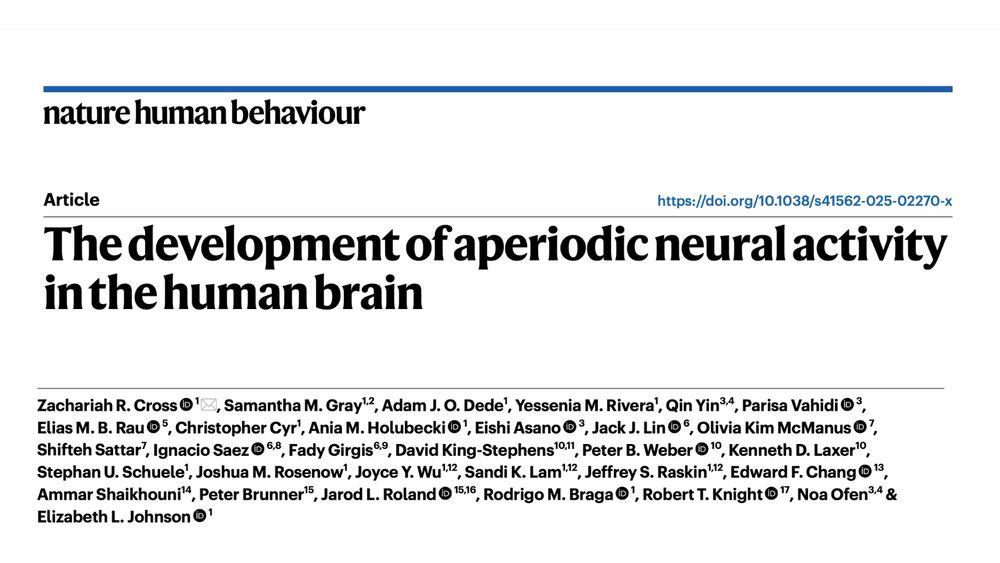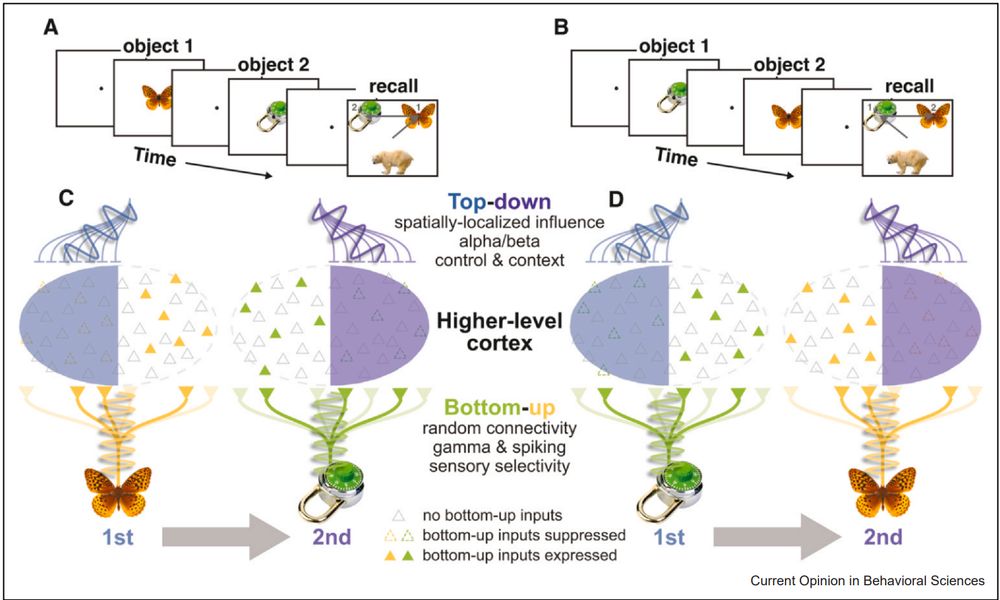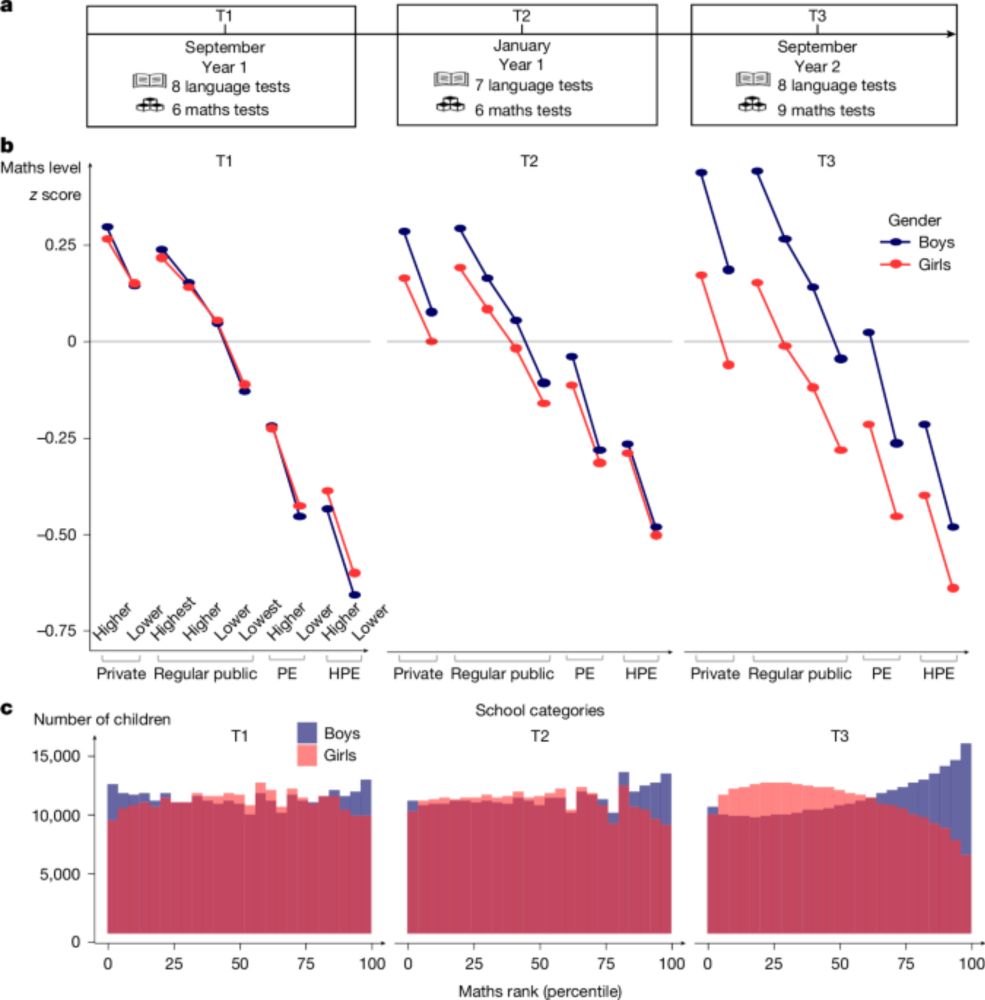Lexi Decker
@lexidecker.bsky.social
160 followers
250 following
13 posts
Incoming Asst. Prof of Psych & Brain @ WashU starting 1/26 | postdoc @ MIT & PhD @ UofToronto | Attention, Learning, Episodic Memory, Developing Brain
Posts
Media
Videos
Starter Packs
Reposted by Lexi Decker
Reposted by Lexi Decker
Reposted by Lexi Decker
Matthias Nau
@matthiasnau.bsky.social
· Aug 25

Neural and behavioral reinstatement jointly reflect retrieval of narrative events - Nature Communications
When people recall a movie, their eye movements and brain activity resemble those observed during the viewing. These behavioral and neural reactivations are linked through a common process, likely ref...
doi.org
Reposted by Lexi Decker
Reposted by Lexi Decker
Reposted by Lexi Decker
Mariam Aly
@mariamaly.bsky.social
· Aug 24

Discrete Subfields and Continuous Gradients Coexist: A Multi-Scale View of Hippocampal Organization
The human hippocampus is studied via two competing frameworks: one dividing it into discrete anatomical subfields with distinct computational processes, and another describing it as a continuous, func...
www.biorxiv.org
Lexi Decker
@lexidecker.bsky.social
· Aug 11
Lexi Decker
@lexidecker.bsky.social
· Aug 1
Lexi Decker
@lexidecker.bsky.social
· Jul 31
Lexi Decker
@lexidecker.bsky.social
· Jul 31
Lexi Decker
@lexidecker.bsky.social
· Jul 31
Lexi Decker
@lexidecker.bsky.social
· Jul 31
Lexi Decker
@lexidecker.bsky.social
· Jul 31
Lexi Decker
@lexidecker.bsky.social
· Jul 31
Lexi Decker
@lexidecker.bsky.social
· Jul 31
Lexi Decker
@lexidecker.bsky.social
· Jul 31

Exploration is associated with socioeconomic disparities in learning and academic achievement in adolescence - Nature Communications
Children from lower socioeconomic backgrounds often show lower academic achievement, commonly linked to limited resources. Here, the authors show that reduced exploration–a behavior tuned for learning...
www.nature.com







